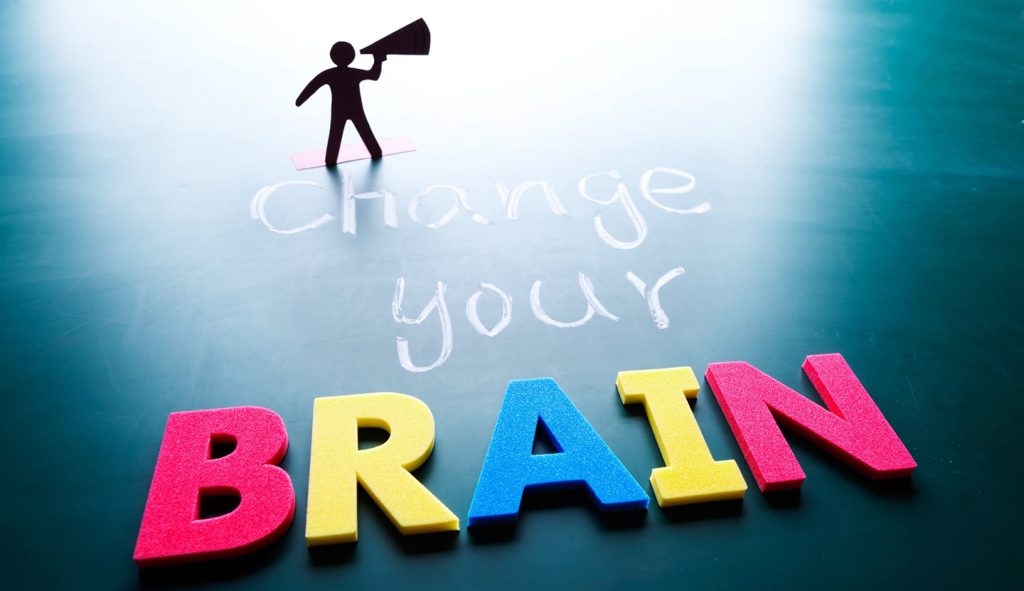The Brain: Key to Changing Your Mind and Behavior
Anything that changes your brain changes who you will be. Your brain is not just produced by your genes; it’s sculpted by a lifetime of experiences. Experience alters brain activity, which changes gene expression. Any behavioral changes you see reflect alterations in the brain. The opposite is also true: behavior can change the brain.
– Bryan Kolb (2009). Brain and behavioral plasticity in the developing brain
What do we mean by “education”? Across centuries, education has stood as a cornerstone in the progression of individuals, nations, and civilizations alike.
In Eastern cultures, the term “education (교육, 敎育)” translates to “teach and nurture.” In the West, the term “education” is believed to originate from the Latin word ‘educare,’ meaning “to draw out.” While the East emphasizes imparting external knowledge and the West focuses on unveiling internal strengths, both approaches aim at amplifying human potential and value.

The 20th century witnessed groundbreaking strides in biology and neuroscience, revealing that human growth mechanisms are distinct from other species. Most animals harness their mature brain functions shortly after birth. In contrast, humans, often termed the “zenith of creation,” undergo an extensive developmental phase until adulthood.
Weighing only 300 to 400 g at birth, the brain quadruples in size by the time it reaches its adult form as integrated, balanced development of physical, emotional, and cognitive skills progress. Even brains with identical genes develop differences depending on interactions with the environment. “The brain changes with training”; neuroplasticity symbolizes extraordinary changes in the human brain, which continue over a lifetime. Neuroplasticity means that the brain changes with training, indicating the remarkable changes in the human brain that continue over a lifetime.
Within the realm of brain science, it’s widely accepted that the brain directs all bodily functions — from sensory experiences and perceptions to controlling movements, memory, emotions, and language. Brain development encompasses the organ’s physiological, physical, psychological, and emotional dimensions.
All human activities are operations of the brain and affect its state. Having a goal, setting an intention, and using appropriate brain mechanisms is key; it makes a difference.
Crucially, what provides the brain with constant, primary stimulation is the body. From an evolutionary perspective, the emergence of a species begins with the evolution of movement, including the diversity and complexity of locomotion, the appearance of emotions, and the development of language and self-awareness, which means the development of consciousness.
Brain Education perceives the brain not merely as an organic entity but as a malleable tool, open to adaptation and utilization. This scope encompasses a plethora of techniques — from training methods inducing physical, emotional, and cognitive shifts, to natural flora and diverse tools that can swiftly alter the brain’s state.
Understanding the brain is essential for properly understanding humanity in the 21st century. The brain is the key to changing the mind and behavior. Brain Education is a convergence discipline with a systematic approach, philosophy, principles, and methodologies, all geared towards tangible transformation of the human brain.

